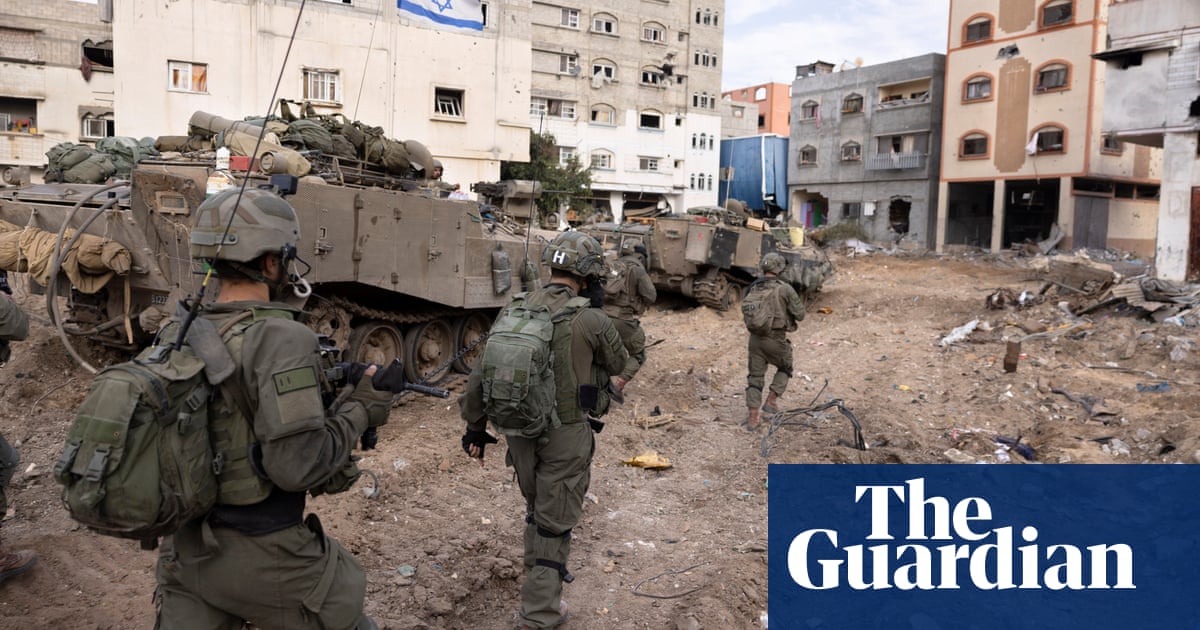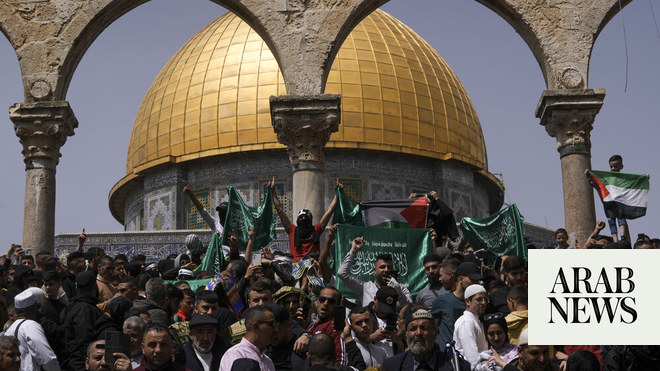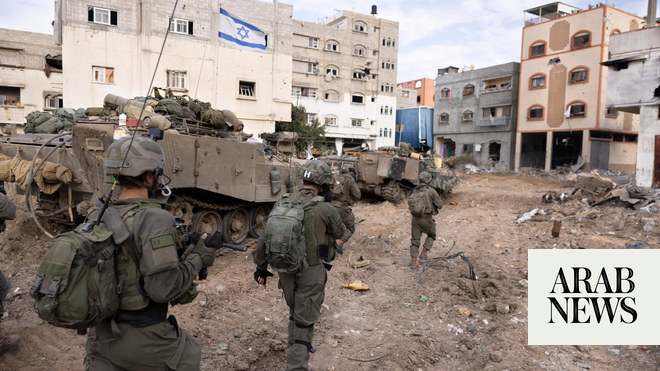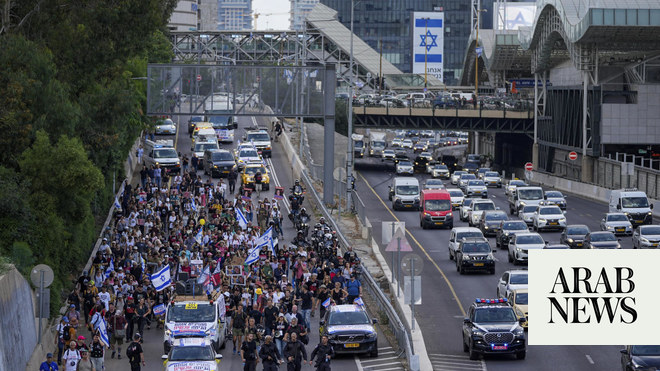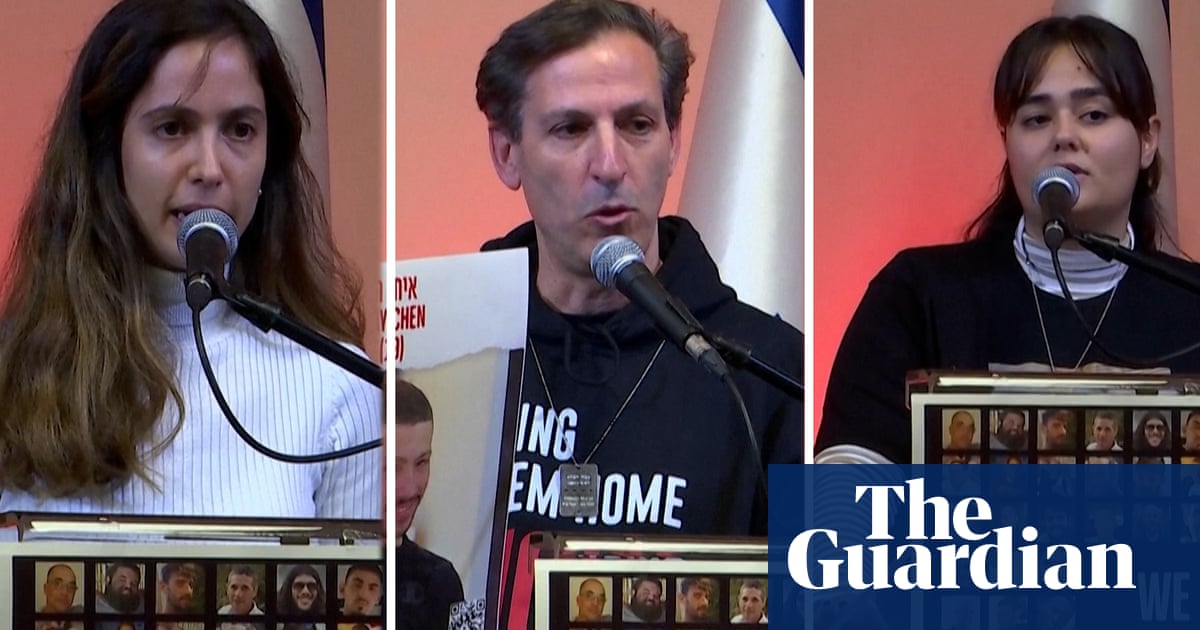
The Iraqi militia Kata’ib Hezbollah has been holding hostage, since March, Israeli-Russian Elizabeth Tsurkov, a graduate student at Princeton University. Tsurkov had entered Iraq, using her Russian passport, four months prior to conduct fieldwork. Her captivity is an embarrassment to the Iraqi state and Prime Minister Mohammed Shia Al-Sudani, showing them as weak and unable to assert sovereignty in the face of militias.
Anti-Western regimes have always used hostage-taking as a tactic to blackmail Western governments. These regimes claim false equivalence between their own assassins and spies, who get busted, tried and jailed in the West, and private Western citizens, such as activists and academics, most of whom are usually opposed to the policies of their own governments.
In the mid-1980s, Hezbollah took several Western hostages in Lebanon — including Americans — and traded their release for Western arms shipment to Iran.
After a nuclear deal was signed between the international community and Iran, Tehran freed all Westerners in its custody in early 2016. Since then, Iran has taken 13 new Western hostages, 11 of whom are of Iranian origin. From time to time, Tehran offers to “swap prisoners” with the US, Canada and European countries, or asks for some American concessions, mainly sanction relief, in return for releasing one or more hostages.
Syria has been playing similar games and is currently trying to extort Washington in return for information about journalist Austin Tice, believed to be in the hands of the Syrian regime since 2012.
But Baghdad enjoys strong ties with Washington and does not need to take hostages to extract concessions. On the contrary, it shows that, in Iraq, the government cannot guarantee the safety of foreign tourists or residents. This is why it is imperative for Baghdad to take custody of Tsurkov.
If, by entering Iraq, Tsurkov had violated the Iraqi law that prohibits normalization with Israel, then the Iraqi government should bring her before a court, which can deport her. If the court finds Tsurkov not guilty, she should be allowed to stay safely in Iraq, just like all other foreign residents. If the government of Baghdad cannot guarantee the safety of foreigners, then Iraq has a long way to go before it can convince the world that it is a normal country worth visiting or dealing with. In theory, Al-Sudani is the chief of all military forces, including the Popular Mobilization Units militias. In its 2024 budget, the Iraqi government allocated $2.7 billion to the PMU, which includes Kata’ib Hezbollah. This means that, if he wanted to, Al-Sudani could order Tsurkov freed and deported.
On the first day after the news broke, Iranian media focused its coverage on quoting Israeli reports about Tsurkov’s kidnapping. The day after, Iranian media changed course and accused Tsurkov of being an Israeli spy who had made Iraqi Kurdistan her base. Iranian media even linked Tsurkov, whom they called “a spy in the clothes of a researcher,” to bombings of targets and the assassination of nuclear scientists inside Iran.
If Al-Sudani overrules Tehran and orders Tsurkov out, he will give the Iranians and their Iraqi allies fodder with which they can attack him in the future, as “the prime minister who let go of the Zionist spy.” Perhaps this is why Al-Sudani has yet to comment on the situation.
Al-Sudani has so far played dead, likely hoping that the crisis would resolve on its own and spare him having to make any hard choices.
America has invested a lot in Iraq and has built strong ties with Al-Sudani, his ministers and security agencies. As a close ally, it would be wise for Washington to impress on Baghdad that Tsurkov should be freed, not for the sake of Israel, but for the image of Iraq as a sovereign country where law and order are upheld by courts and law enforcement agencies.
• Hussain Abdul-Hussain is a research fellow at the Foundation for Defense of Democracies (FDD), a Washington-based nonpartisan research institute focusing on national security and




